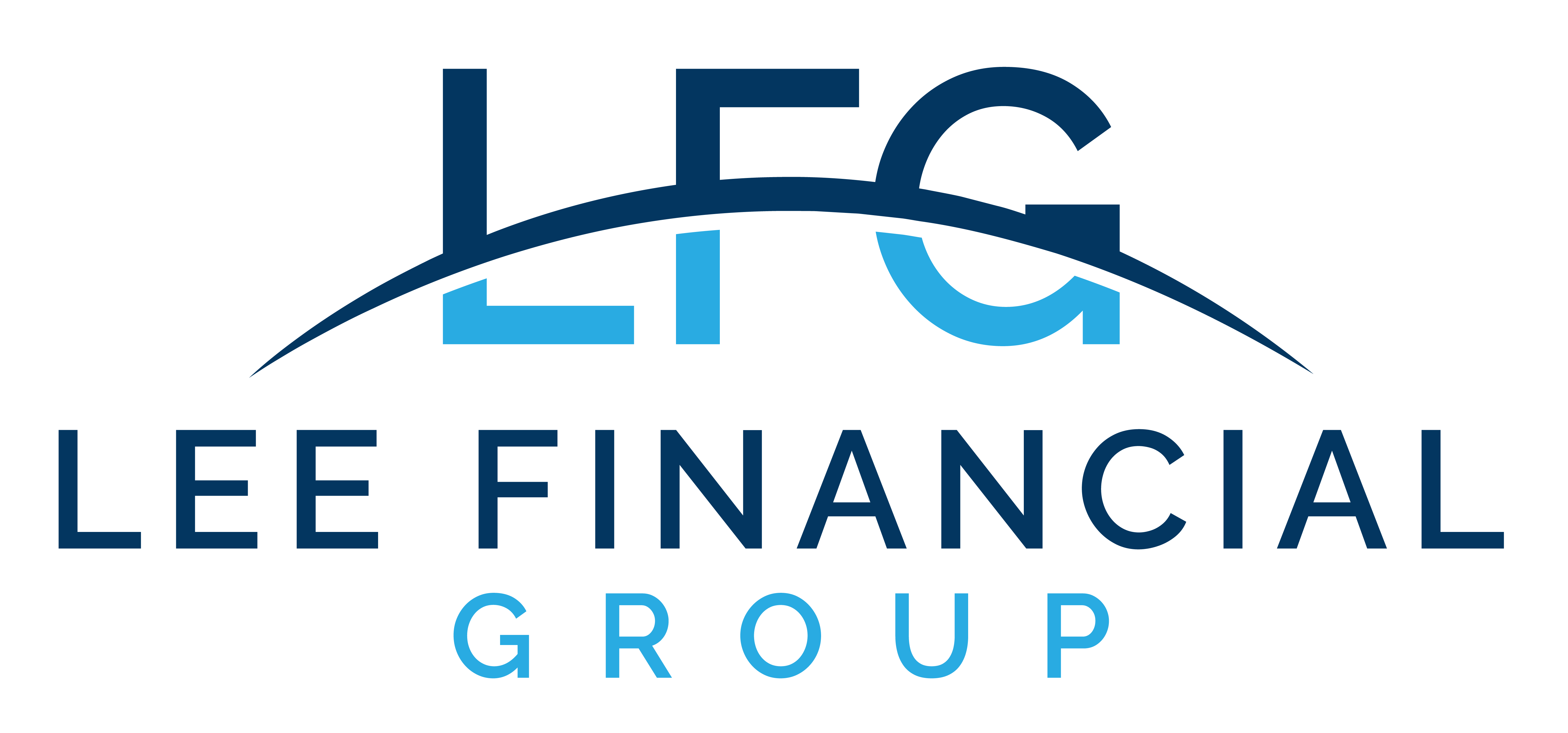Creating a solid plan to build wealth is essential for everyone, but doctors are different and need to create a tailored strategy that maximizes the opportunities, provides specific protections, and leverages the uniqueness of how many doctors prefer – and are able – to take advantage of different types of investments.
There’s a lot to unpack, but breaking it down into several different areas can be helpful.
Create a Goal-Based Plan as a Guide
Doctors tend to have more career options and a different career trajectory than other professions. Think through income-related things first:
- Will you go back to school for a further specialty certification?
- Will you buy into or start your own practice?
- How will you diversify your income stream?
- How demanding is your job, and how long will you practice?
Answering these questions at any point in your career is critical, but the earlier the better. They’ll help you plan out income needs, savings goals, cash-flow planning, the level of risk you want to take in your investments, and other vital elements.
But don’t neglect lifestyle planning. If you want to buy a home, travel, or have other dreams you want to focus on, including them in your plan will help. Try to think of them in terms of time and money.
Protect Your Most Valuable Asset
Disability income insurance is something you’ll need for as long as you practice. Your years of school, specialized training, and the knowledge you gain daily in your practice are the source of your income, and getting the correct policy to protect yourself, your lifestyle, and your retirement is critical.
If you are unable to do your job, you’ll need to replace that income. Because of your specialized knowledge, you’ll need an “own occupation” policy. Disability policies pay out according to the definition of “disabled” in the policy. The broader the definition is, the more it protects you. For instance, a policy that covers psychiatric conditions or addictions provides protection beyond illness or accident.
Life insurance should be part of your plan, especially if you’re still paying down debt. The decision here is whether to buy term life or whole life insurance. Term life is less expensive and works well to cover the period of time when you are building wealth and still have debt. Buying enough to cover your debt – including your mortgage – and provide for your family can keep their lives and plans on track if something happens to you. Whole life covers you for your entire life, and the policy amount stays largely the same. It is more expensive but may have options that can, in some situations, act similar to an investment. If you are thinking of whole life insurance, buying it when you are young will lower the cost of the policy.
If you are starting to build wealth, think about an umbrella liability policy. These types of policies are in addition to your other insurance, like car insurance and homeowners. They kick in above the limits of your other policy. It’s not just about how much money you make – it can also be useful to think about the risk of your lifestyle when determining if you need an umbrella policy.
Make Investing Consistent
Automating savings and investing is the quickest way to reach your goals. Set up direct transfers to your emergency fund, your home-buying fund, your vacation fund, whatever your goal is. Determine a dollar amount and sweep it out of your account before you can spend it. As you make more money, increasing your automatic savings amounts is an effective way to counter lifestyle creep.
When it comes to tax-advantaged retirement savings, don’t leave money on the table. The more you make, the bigger the tax bite. Maxing out employer-sponsored 401(k) or 403(b) accounts and health savings accounts is a great way to reduce current income and maximize the power of compounding. You may also have access to a deferred compensation 457 plan, and taking advantage of this, in addition to other savings, will help you reach your goals.
What About Debt?
Should you pay down medical school debt quickly or invest instead? There are some variables you should think through:
- What is the interest rate on your loans?
- What is a realistic portfolio rate of return?
- How comfortable are you with risk?
For some people, being debt-free sooner and having the freedom to make other decisions, independent of the need to pay off loans, is the priority. For others, investing and building wealth as quickly as possible is the goal. This is why we advise starting with a plan that clearly lays out your goals. It helps guide these types of decisions.
Know Thyself
Doctors and other medical professionals are unique. Financial advisors who specialize in working with these professionals are usually aware of some differentiators. Doctors tend to be good investors because they are very knowledge-based, and the research that goes into financial planning and investing is familiar to them. They may also be comfortable with a broader range of investments beyond traditional stocks and bonds. Diversifying income with investment properties, other private assets, or alternative investments may be a potential part of a financial plan.
The Bottom Line
Creating a plan, ensuring you are protecting your income, and thinking through savings and investing will help you build wealth as you succeed in your career. Starting early and being thoughtful about the foundational aspects will give you the most choices as you move along your financial journey.






What a Weaker Dollar Means for Your Investments